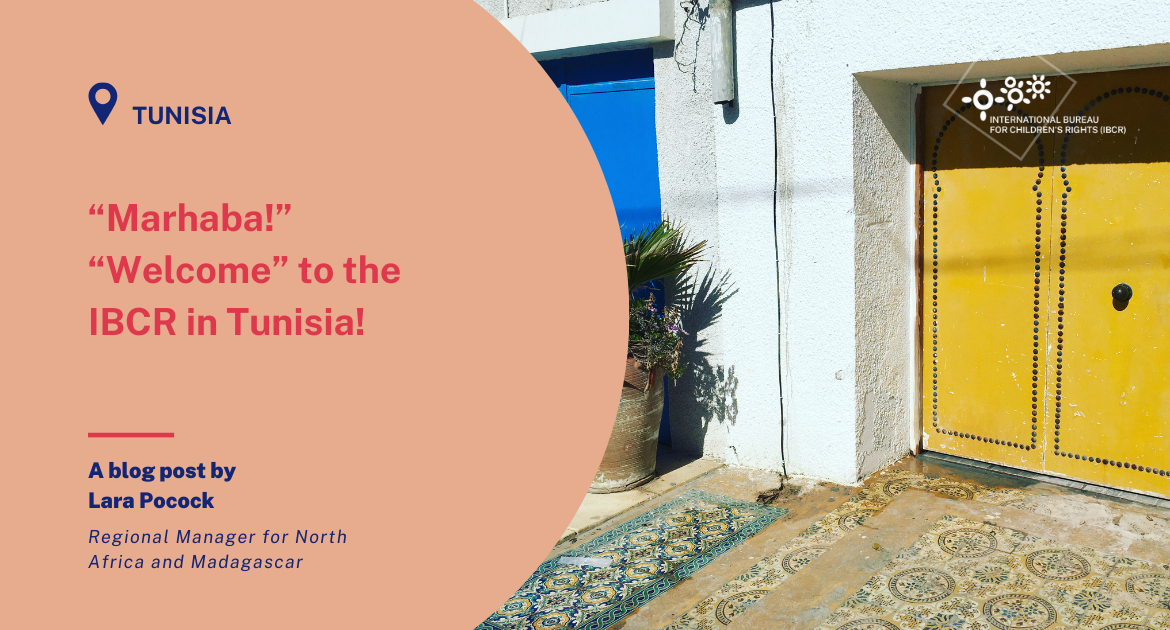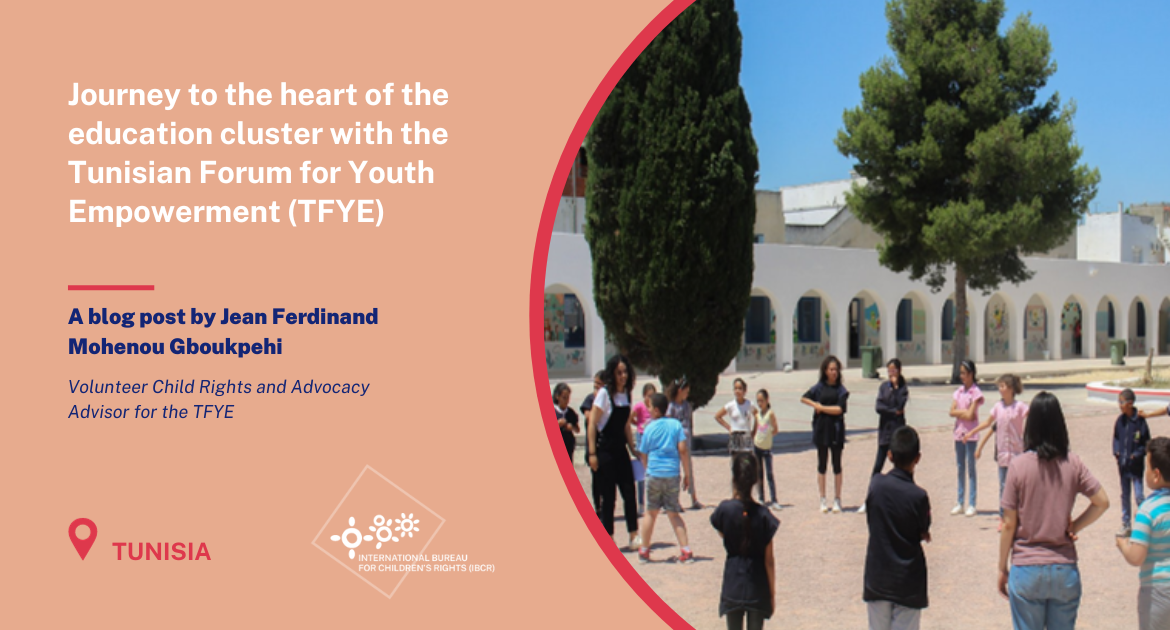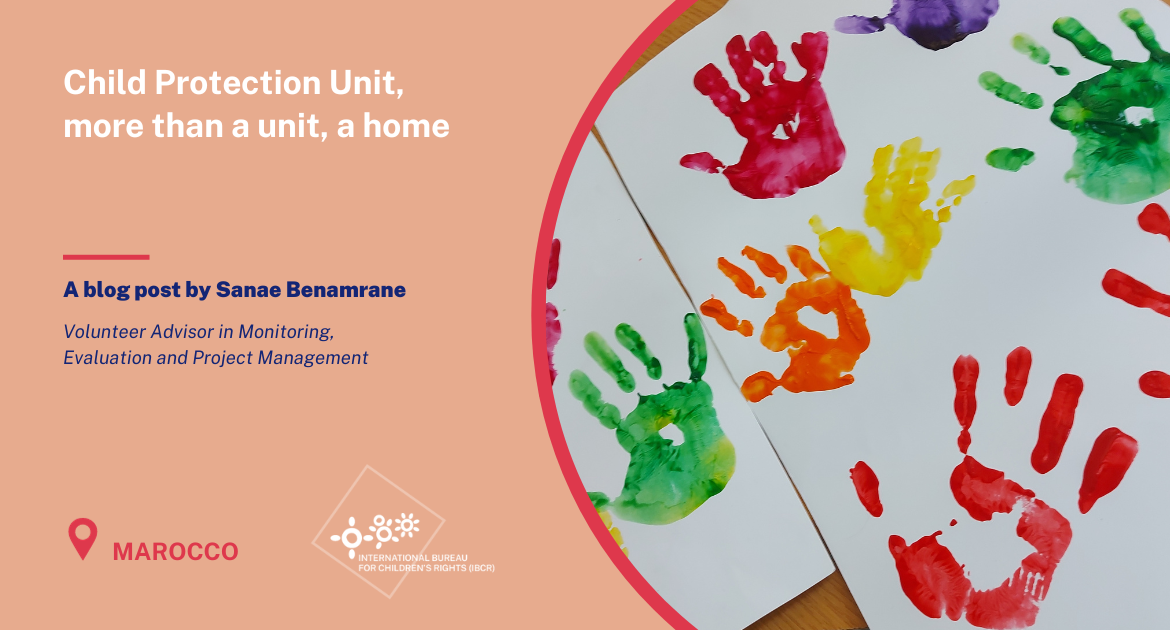Since my arrival in Tunisia last January, I am often asked my nationality. After the usual greetings. I proudly answer that I am Canadian and Quebecois! And I am always answered: "Marhaba Madame! " " Welcome " to Tunisia. The welcome of Tunisian women and men is heart-warming and one quickly understands that they are proud to welcome foreigners into their homes, to talk about their history, traditions and Tunisia's openness to the world.
As time goes by, I sometimes forget that I live in the land of what was once Carthage, a territory trodden by historical figures such as Alexander the Great (Hannibal of Carthage, born in 247 B.C.) and a theater of Mediterranean exchanges and great confrontations. When I was a child, the image of Hannibal crossing the Alps on the back of an elephant had marked me, contributing to my love of history lessons. I had never imagined living just a stone's throw from the ruins of Carthage.
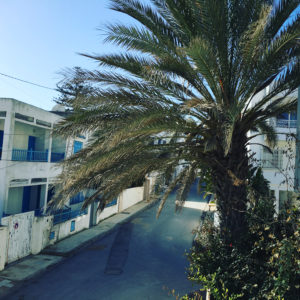
Tunisian culture is the result of an incredible mix. At once African, Mediterranean, Arab and Amazigh, Tunisia is a country of immense cultural wealth. Even if today Tunisia faces countless challenges, especially at the socio-economic level, the "Jasmine Revolution" in 2011 has breathed a new wind of democracy into the country. The progress made over the past decade is a source of admiration, and political alternation and press freedom are now an integral part of Tunisian political culture.
Since the beginning of the pandemic, I am often asked how I feel in Tunisia, far from my family and friends. I systematically answer that I feel privileged to contribute to the improvement of the Tunisian child protection system and to collaborate on a regular basis with individuals and organizations who dedicate their lives to this cause. Beyond my professional life, the Tunisian climate, with more than 300 days of sunshine per year, remains one of the most pleasant in the world. In view of my personal and professional situation, I say and repeat "El Hamdoullillah". (in Arabic, it means "thank God" or "grace to God").
I am even more aware of these privileges because the majority of the Tunisian population is living a very difficult economic situation. The unemployment rate reached 16.2% in the third quarter of 2020, and 35.7% among young people. In Tunisia, the economy is mostly informal, and this is negatively impacted by the pandemic and the restrictions related to Covid-19 (if the health situation was generally good at the beginning of the pandemic, it has clearly deteriorated since the end of the summer). It is still early to make a comprehensive assessment of the impacts of the pandemic on the rights of Tunisian children. What is clear, however, is that the majority of Tunisian households are struggling to make ends meet.
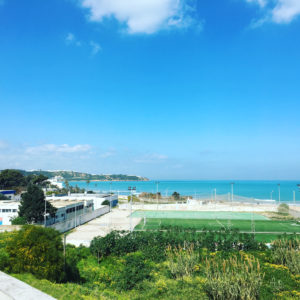 Although I miss my family and friends, I am happy to live on this generous land, surrounded by a welcoming population. A wise old man, "a Hajj", whom I met in the street this spring, warned me well: "Tunisia is a small paradise, because you can find everything on a small territory, the mountains, the sea, the forest and the desert, and everything grows there with an extraordinary taste. You won't want to leave it again, like Ulysses during his famous odyssey when he was bewitched by the Lotophages in Djerba". The "Hajj" is not wrong. I look forward to discovering and learning more about Tunisia once the health crisis is over.
Although I miss my family and friends, I am happy to live on this generous land, surrounded by a welcoming population. A wise old man, "a Hajj", whom I met in the street this spring, warned me well: "Tunisia is a small paradise, because you can find everything on a small territory, the mountains, the sea, the forest and the desert, and everything grows there with an extraordinary taste. You won't want to leave it again, like Ulysses during his famous odyssey when he was bewitched by the Lotophages in Djerba". The "Hajj" is not wrong. I look forward to discovering and learning more about Tunisia once the health crisis is over.
Are you interested in volunteering?
Find out more about our open mandates
KEEP ME INFORMED OF UPCOMING VOLUNTEERING OPPORTUNITIES
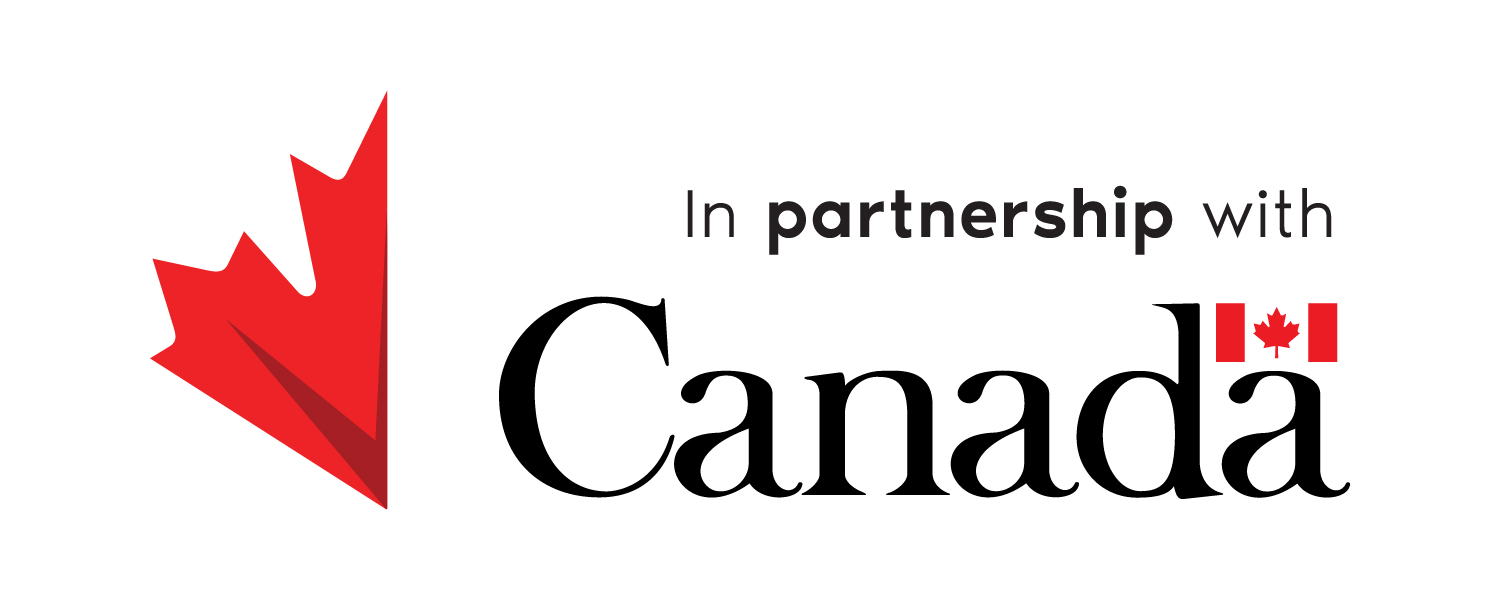
Volunteer cooperation program funded by Global Affairs Canada.






